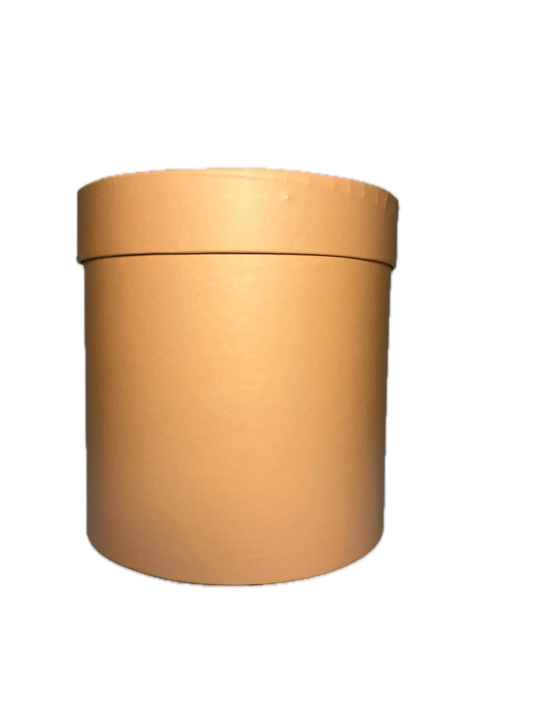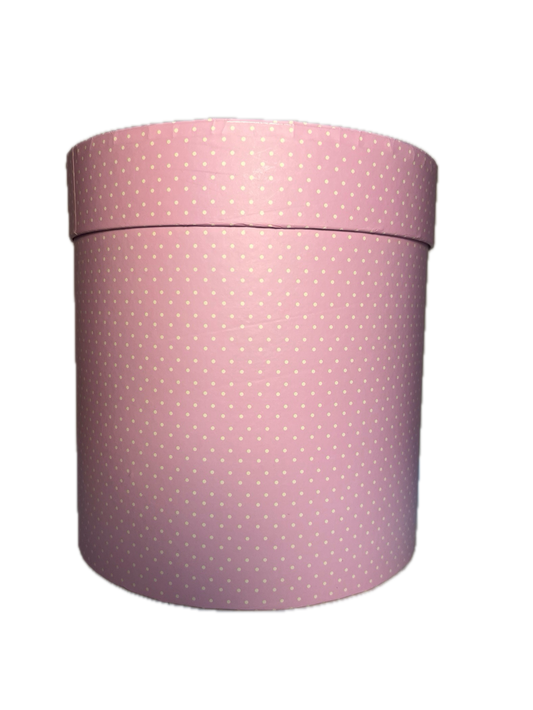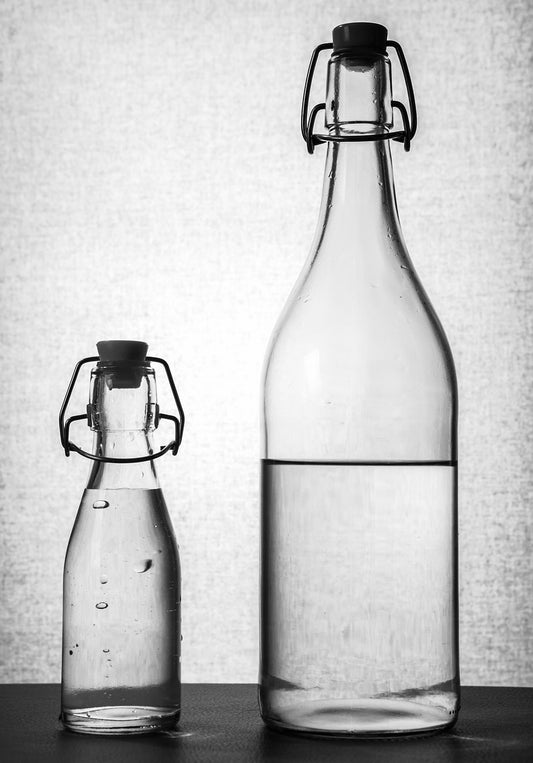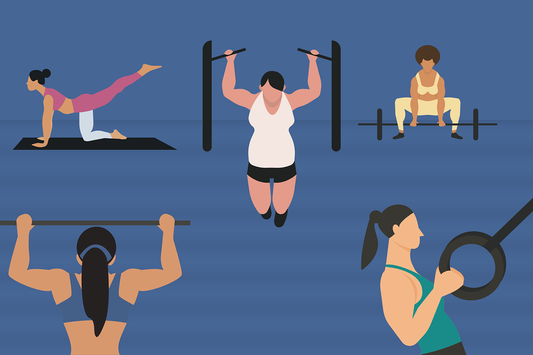
What are calories and what are the recommended intake values?
Međimurski cekerCalories are a unit of measure for energy that the body gets from food and drink. Basically, calories represent the amount of energy needed to raise the temperature of one gram of water by one degree Celsius.
When we talk about calories in food, the kilocalorie (kcal) is usually used as a unit of measurement. For example, one kilocalorie (1 kcal) represents the amount of energy needed to raise the temperature of one kilogram of water by one degree Celsius.
The need for calories varies depending on age, sex, body weight, genetics, level of physical activity and other factors.
Here are general guidelines:
- Children and adolescents usually need more calories to support growth and development.
- Adults need a different number of calories depending on their body mass, activity and metabolism.
- Older people usually need fewer calories because their metabolism slows down.
Different ages and levels of physical activity have different calorie needs. Exact numbers can vary significantly, but you can use various calculators and guidelines to estimate your daily calorie needs.
The difference between the calories we get from fat, carbohydrates and protein lies in their role in the body and energy value
- Fats : Each gram of fat contains approximately 9 calories. Fats are important for the absorption of certain vitamins, insulation and protection of organs, and a source of long-term energy.
- Carbohydrates : Each gram of carbohydrates contains approximately 4 calories. Carbohydrates are the main source of energy for the body and are quickly converted into glucose for immediate use.
- Protein : Each gram of protein also contains approximately 4 calories. Proteins are the building blocks of the body and play a key role in tissue repair and growth.
To gain or lose weight, a balance between calorie intake and expenditure is key
To gain weight, you need to consume more calories than you burn. To lose weight, you need to consume fewer calories than you burn.
It is generally recommended to achieve a balance of about 500 calories more or less per day to achieve a body mass change of about 0.5 kg per week.
However, it's important to pay attention to the quality of the food you eat and make sure you're getting enough nutrients to support your health.
Before starting any diet or exercise plan, it is recommended to consult with a doctor or nutritionist to ensure it is safe and appropriate for your needs.








































































